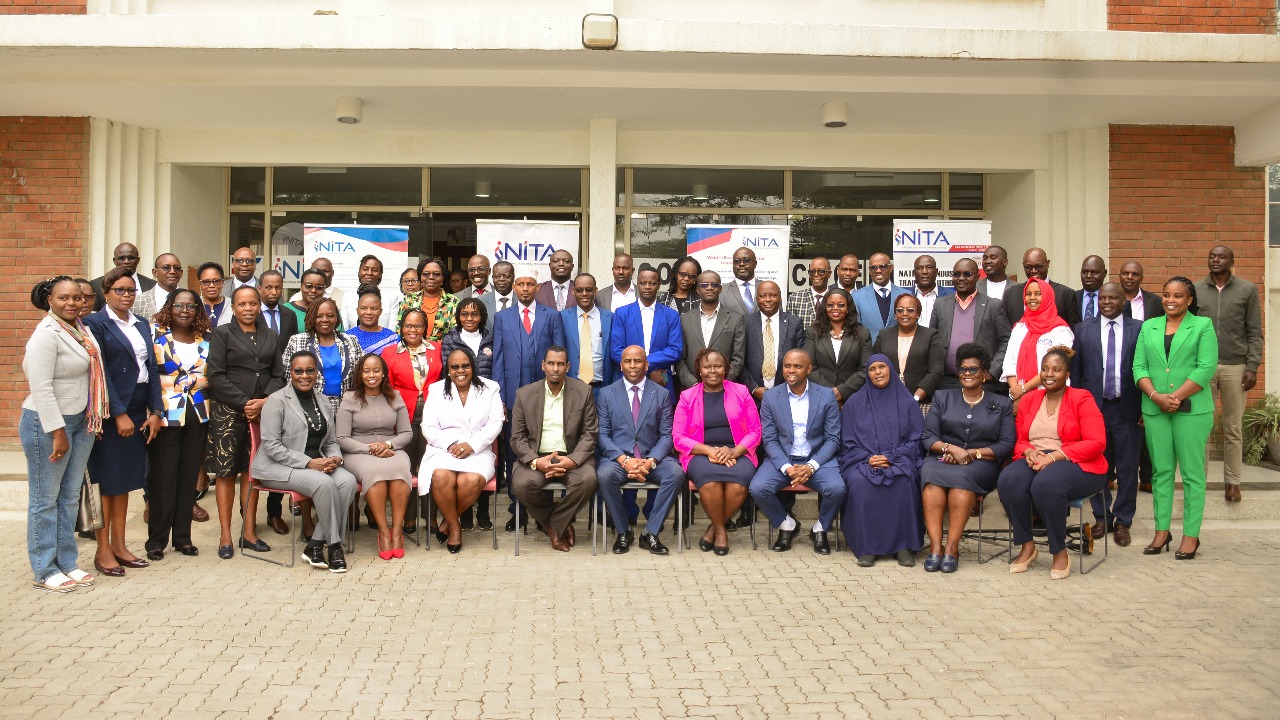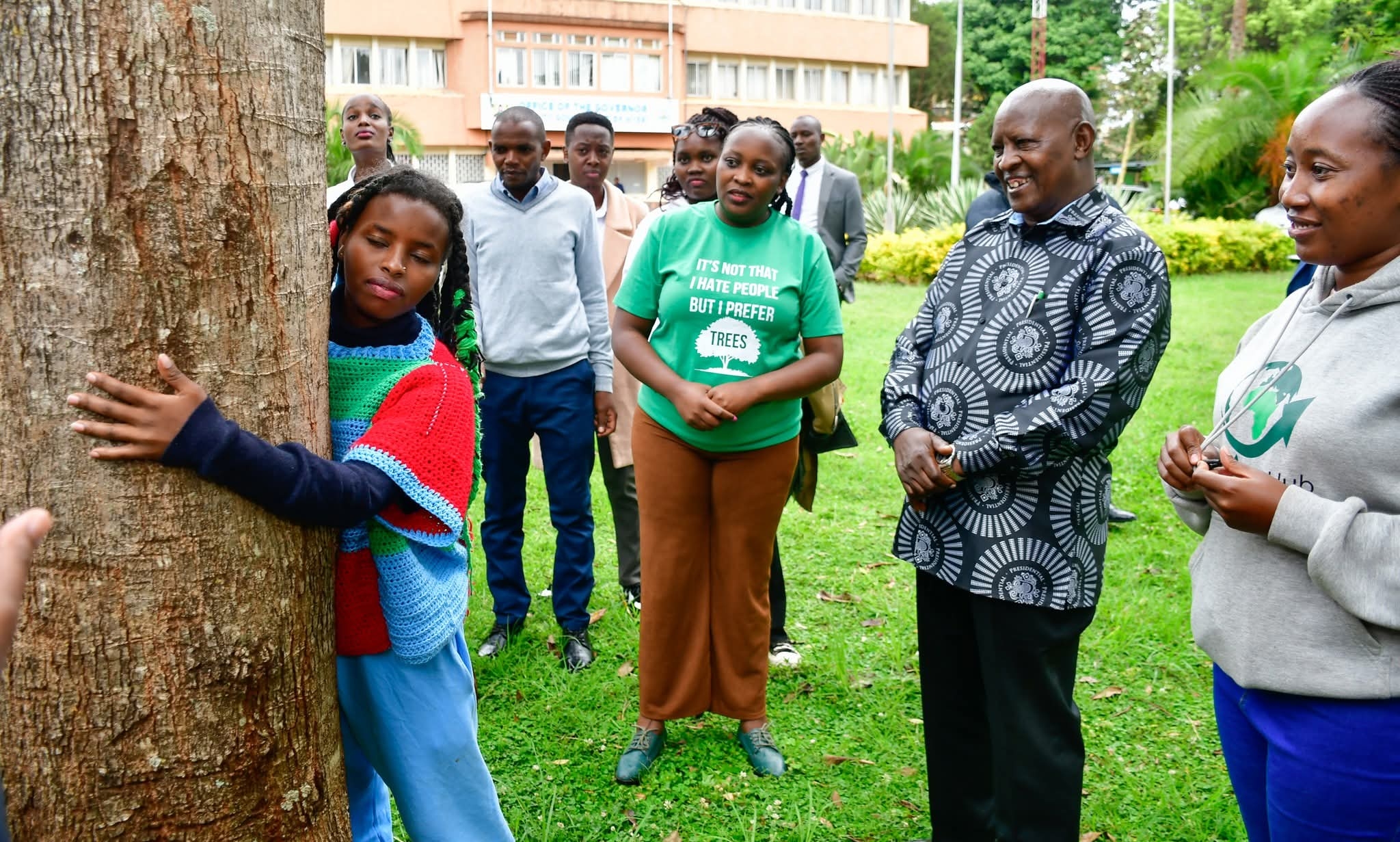 National Industrial Training Authority acting Director General Theresa Wasike (C) with CECM Education from 47 counties among other stakeholders pose for a photo during a consultative forum at NITA, Athi River in Machakos County on June 23, 2025. /GEORGE OWITI
National Industrial Training Authority acting Director General Theresa Wasike (C) with CECM Education from 47 counties among other stakeholders pose for a photo during a consultative forum at NITA, Athi River in Machakos County on June 23, 2025. /GEORGE OWITI
The National Industrial Training Authority (NITA) aims to certify 420,000 artisans across Kenya by October 2025 through its Recognition of Prior Learning (RPL) programme, acting Director General Theresa Wasike announced on Monday.
Speaking after a consultative meeting with County Executive Committee Members (CECMs) from across Kenya, Wasike said NITA was committed to achieving the target and called for strengthened collaboration with county governments, employers, and stakeholders in the technical training sector.
“Today we met with CECMs from 47 counties, and about 80 per cent attended. We’re grateful for this engagement,” she said, addressing the media after the meeting at NITA’s Athi River campus in Machakos County.
The gathering aimed to deepen cooperation between national and county authorities to fast-track Kenya’s skills development agenda, focusing on RPL, government trade test administration at Vocational Training Colleges (VTCs), and aligning national and county efforts to bridge existing skills gaps.
The agenda also featured key areas such as aligning NITA curricula and assessment methods for VTCs, boosting the training of jua kali artisans, supporting the affordable housing agenda by upgrading construction-related skills, and facilitating apprenticeship and industrial attachment opportunities in both formal and informal sectors.
“We shared with the counties our mandate, our offerings, and ways we can collaborate—both collectively and individually—to achieve the RPL target of certifying 420,000 artisans by October 2025,” Wasike said.
She added that the meeting also emphasized the critical role of the training levy, urging counties to work with their finance and human resource departments to ensure timely payments for their staff. This, she said, would support the growth of technical training across Kenya.
“We also discussed how we can work together on labour mobility initiatives, formal training, and trade test assessments so that more youth can gain the skills needed for both formal and self-employment,” she explained.
As an outcome of the meeting, NITA will compile a comprehensive report and circulate it to stakeholders by June 30, 2025. This report will capture areas of agreement and recommendations arising from the consultations.
NITA Board Chairman Aden Noor Ali lauded the strong turnout of the county representatives, saying it reflected their commitment to advancing education and training across Kenya.
“As the Board Chair, I am proud to witness this initiative as part of our ongoing efforts to transform the national industrial training ecosystem,” Ali said.
He added that the Board was dedicated to steering NITA towards sustainability, quality assurance, and global competitiveness in training and certification.
“Through our Strategic Plan 2023–2028, we’ve prioritised customer satisfaction and inclusivity. We are intensifying collaborations with national and county governments, the private sector, and international partners to expand our reach and uplift underserved communities with quality industrial training and certification opportunities,” Ali said.
With its ambitious target, NITA aims to create a skilled workforce that can drive Kenya’s economic growth and ensure that more artisans have access to formal recognition of their abilities and experience.















